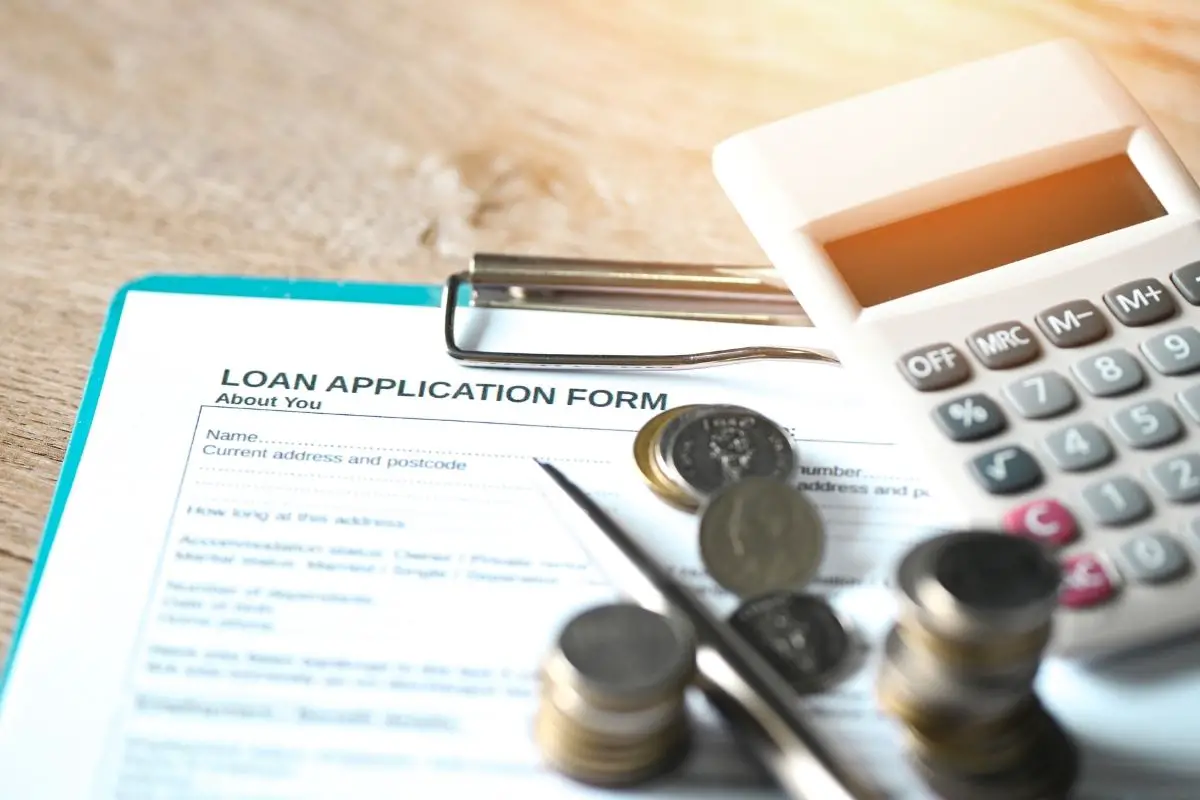There are many different reasons why someone might want to take out a personal loan.
You might need it to pay off an unexpected bill, purchase a car, or even help consolidate your other debts.

Whatever your reason for taking out a loan, when tax season rolls around, you probably are wondering if you have to declare it.
The good news is that personal loans are not considered income and therefore are not taxed unless the loan is forgiven by the lender.
If the loan is forgiven by the lender, you will be taxed on the amount that has been forgiven.
If you have received a personal loan in the last year, you will not have to declare it on your tax return.
Your interest payments on the loan are not tax deductible unless you can prove that you have used the money for business purposes.
Contents
What Is A Personal Loan?
A personal loan is any loan that you take out in your own name and do not share the responsibility of repayment with anyone else.
A personal loan can be spent on anything, it is not tied to a purpose. For example, an auto-loan must be spent on a vehicle or a mortgage must be spent on a house. A personal loan can be spent how you like.
Personal loans are typically small and short-term loans with high interest rates. You can get them from banks or other financial institutions that lend money.
You can take them out for just a few months or for multiple years.
Are Personal Loans Considered Income?
No, personal loans are not considered income.
They are not considered income because you have or will be paying them back. You will also be paying interest on them. They do not count as income.
The IRS categorizes income as something that is earned by working or through stocks and dividends.
No loans are considered a source of income, the money does not technically belong to the borrower and they have not earned it in the eyes of the IRS.
The IRS considers interest payments on loans different from the money from the loan.
Are Personal Loans Tax Deductible?
Because personal loans are not considered a form of income by the IRS they are not taxable. You do not need to declare them as income on your tax return.
The money that you spend paying back the loan is not considered tax deductible. However, because the loan itself is not taxable, you don’t lose out or get taxed twice.
There is no limit to the amount of money you can borrow tax-free. Personal loans are always considered not to be income.
Your bank may limit the amount you can borrow at one time, however.

What If The Loan Is Canceled?
If you cannot make your loan repayments you will eventually default on your loan.
If you can prove to the loan company that you do not have the money and won’t have the funds to pay back the loan it may be forgiven.
If this happens then any of the money you have forgiven will be taxed in the year the loan was forgiven (not the year the loan was made, if they are different years).
If you had paid back $2500 of a $20,000 loan and it was forgiven. You would be taxed for the $17,500 on top of any income you earned that year.
The loan company would send a 1099-C for you to fill out and file with the rest of your tax return.
If My Loan Gets Canceled And I Can’t Pay The Tax Bill What Should I Do?
If your loan is canceled, you will probably be left with a bigger tax bill than you can afford to pay.
If this happens, make sure to file your tax return early or on time to avoid any extra fees. Then you should head online and apply for a short-term or long-term payment extension.
These will allow you to pay your tax bill in installments over however many months you need to pay it off.
Are Personal Loan Interest Payments Tax Deductible?
Can I claim a tax deduction on the interest payments I make on my personal loans?
The answer to this question is slightly complicated.
You cannot claim a tax deduction on interest payments, unless you can prove to the IRS that you have put some of the loans towards business expenses.
You do not have to put all the loan towards that to be able to claim a deduction on the interest payments.
The best thing to do is to keep track of everything you spend your loan on.
Will Unpaid Taxes Affect My Ability To Take Out A Personal Loan?
If I have unpaid tax bills, will I be able to take out a personal loan in the future?
An unpaid tax bill is treated in the financial world in the same way a defaulted loan is. Not paying your tax bill on time or lying on your return can get you in serious trouble.
And it can also negatively affect your credit score. With a bad credit score, you will find it difficult to get a personal loan with a good interest rate.
Paying off your tax bill will help to reduce the damage your late payment did to your credit score.
Summary
A personal loan is any amount of money you have been loaned by a bank that does not have a specific purpose – for example, a mortgage must be spent on a house but a personal loan can be spent on anything.
You do not have to pay taxes on a personal loan because it is not considered income. Unless you have defaulted on your loan and it has been forgiven by the lender.
In that case, you will need to pay tax on the amount that has been forgiven.





